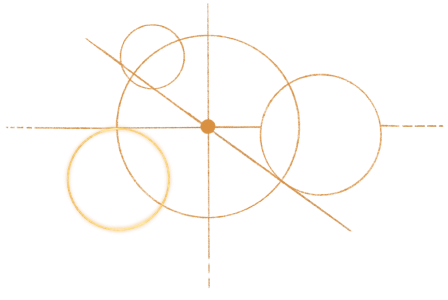Historiography




Just as every person has their own perspective on a particular issue or event, historians do too. Driven by their own curiosity and molded by their own contexts, historians have their own convictions and points of view which, in turn, go some way towards shaping their scholarly research and publications.
How can we deal with the past in the face of the multiple narratives put forth by different historians? How do these multiple historical perspectives contribute to a broader understanding of the past?
Objectives:
90 mins
If you have visited the sessions The Contested History of the Civil War in Lebanon (1975-1990) and / or History and Historical Thinking, make sure that the questions on the war papers and the quote by Kamal Salibi are present.
Warm-up (10 minutes):
We remind participants of the quote by Kamal Salibi from the first session, which is posted on the wall.
We explain that to understand the history of the Civil War in Lebanon (1975-1990), one approach is to read about the way historians, scholars, or intellectuals explain it.
We remind participants of the questions addressed in the session entitled The Contested History of the Civil War in Lebanon (1975-1990), and we think together whether historians also may have different responses to such questions or if there is some form of unified consensus among historians.
We inform participants that they will engage in a historiographical exercise that involves comparing how book reviews of two prominent Lebanese scholars reveal the different views and perspective of each writer: Fawwaz Trabulsi and Farid El-Khazen.
Group Work (40 minutes):
We divide participants into 4 groups. We distribute Handout 14: Historiography (Farid El-Khazen and Fawwaz Trabulsi) to participants. 2 groups read the book review of El-Khazen and 2 groups read the book review of Trabulsi.
Each group prepares a presentation based on the questions in the handout.
Group Presentations (20 minutes):
Each group posts their findings on the wall. We give participants a few minutes to read through them and then ask each group to briefly present the main points outlined above.
Plenary Discussion (20 minutes):
We point out how these different understandings or explanations of the Civil War in Lebanon (1975-1990) are examples of how this history is contested even among historians, scholars, and authors and also how history is constantly changing, as is our understanding of it, with the addition of new findings and perspectives.
We ask participants to think back to the questions they asked their friends/family about the war (from the History and Historical Thinking session) and reflect on how the two historians Trabulsi and El-Khazen, as well as the two reviewers (Irani, Haugbolle) might answer these same questions.
Haugbolle, Sune. “A Modern History of Lebanon: Book Review.” The Arab Studies Journal, vol. 15 no. 1, 2007, pp. 143–47. JSTOR,
Irani, George Emile. “The Lebanese War Revisited: The Long Road from Breakup to Reconciliation: Review Article.” Middle East Journal, vol. 55, no. 2, 2001, pp. 320–22. JSTOR,
“Lebanon’s War: Any End in Sight?” Middle East Report 162 (January/February 1990). Includes essays on the war by prominent historians that can be used as background readings for participants or facilitators